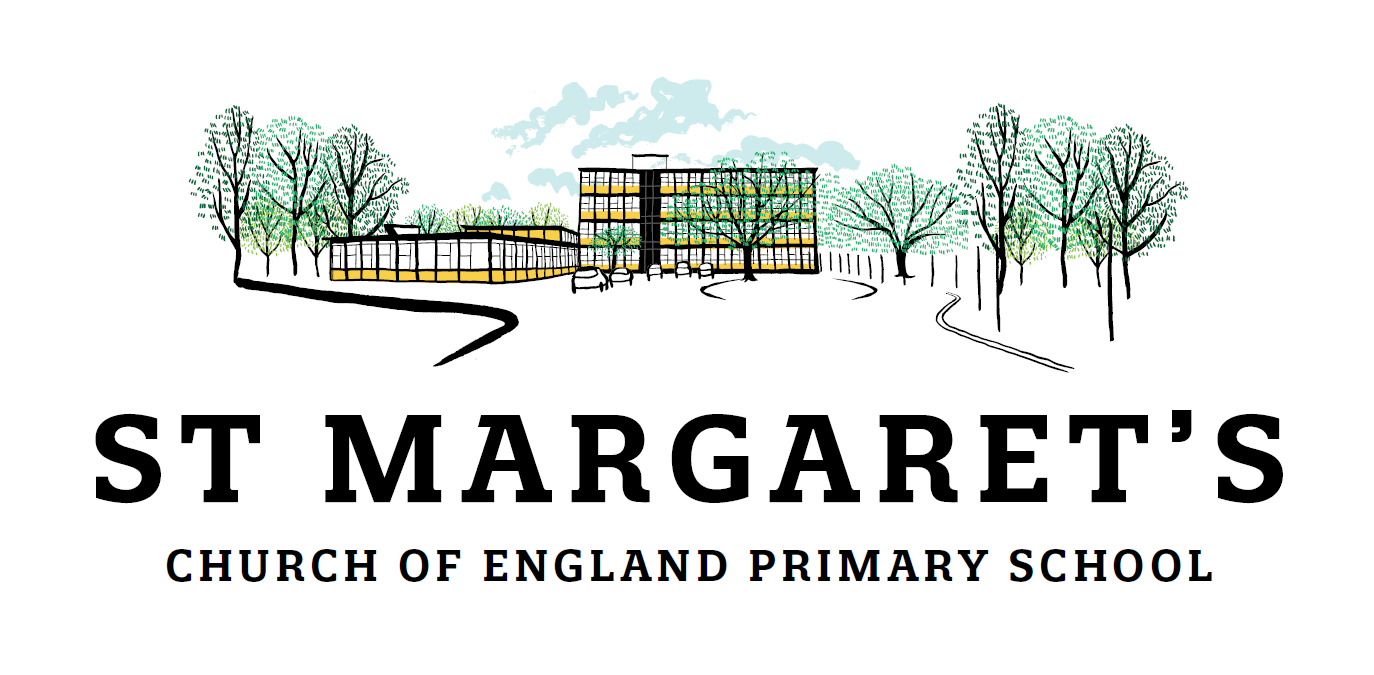
St Margaret's Church of England Primary School
Maths
Maths Intent
When teaching mathematics at St Margaret’s CE Primary School, we intend to provide a curriculum which caters for the needs of all individuals and sets them up with the necessary skills and knowledge for them to become successful not just in school but in their future working lives. We are embedding a mastery approach throughout school from EYFS, so that the teaching and learning is consistent and will support all pupils with their understanding and retention. Pupils are required to explore maths in depth, using mathematical vocabulary to reason and explain their workings. A wide range of mathematical resources are used and pupils are taught to show their workings in a concrete, pictorial and abstract form wherever suitable. They are taught to explain their choice of methods and develop their mathematical reasoning skills. We encourage resilience and acceptance that struggle is often a necessary step in learning. Our curriculum allows children to better make sense of the world around them relating the pattern between mathematics and everyday life.
The teaching of problem-solving: We intend for all pupils to solve problems by applying their mathematics to a variety of routine and non-routine problems with increasing sophistication, including breaking down problems into a series of simpler steps and persevering in seeking solutions.
The teaching of reasoning: We intend for all pupils to reason mathematically by following a line of enquiry and developing an argument, justification or proof using mathematical language. The expectation is for children to explain in full sentences using the correct mathematical terminology is key.
A vocabulary-rich environment: We intend to create a vocabulary rich environment, where talk for maths is a key learning tool for all pupils. The ongoing development of the use of stem sentences and an ‘I say, we say, you say’ approach throughout school will help to achieve these intentions.
Implementation
Teachers reinforce an expectation that all children are capable of achieving high standards in Mathematics. The large majority of children progress through the curriculum content at the same pace. Differentiation is achieved by emphasising deep knowledge and through individual support and same day (wherever possible) intervention To ensure whole school consistency and progression, the school uses the DfE approved ‘Power Maths’ scheme. New concepts are shared within the context of an initial problem, which children are able to discuss in partners. This initial problem-solving activity prompts discussion and reasoning, as well as promoting an awareness of maths in relatable real-life contexts that link to other areas of learning. Children are encouraged to solve problems each day through the use of concrete resources, pictorial representations and abstract thinking (the C-P-A approach). This helps children tackle concepts in a tangible and more comfortable way. Teachers use careful questions to draw out children’s discussions and their reasoning. The class teacher then leads children through strategies for solving the problem, including those already discussed. Children then progress to their independent work, where each question varies one small element to move children on in their thinking. Children complete intelligent practice independently, ending in a ‘Reflect’ section where children reveal the depth of their understanding before moving on to more complex related problems. White Rose Premium resources are used to complement this part of the lesson. Mathematical topics are taught in blocks, to enable the achievement of ‘mastery’ over time. Each lesson phase provides the means to achieve greater depth, with children who are quick to grasp new content being offered rich and sophisticated problems, as well as exploratory, investigative tasks, within the lesson as appropriate.